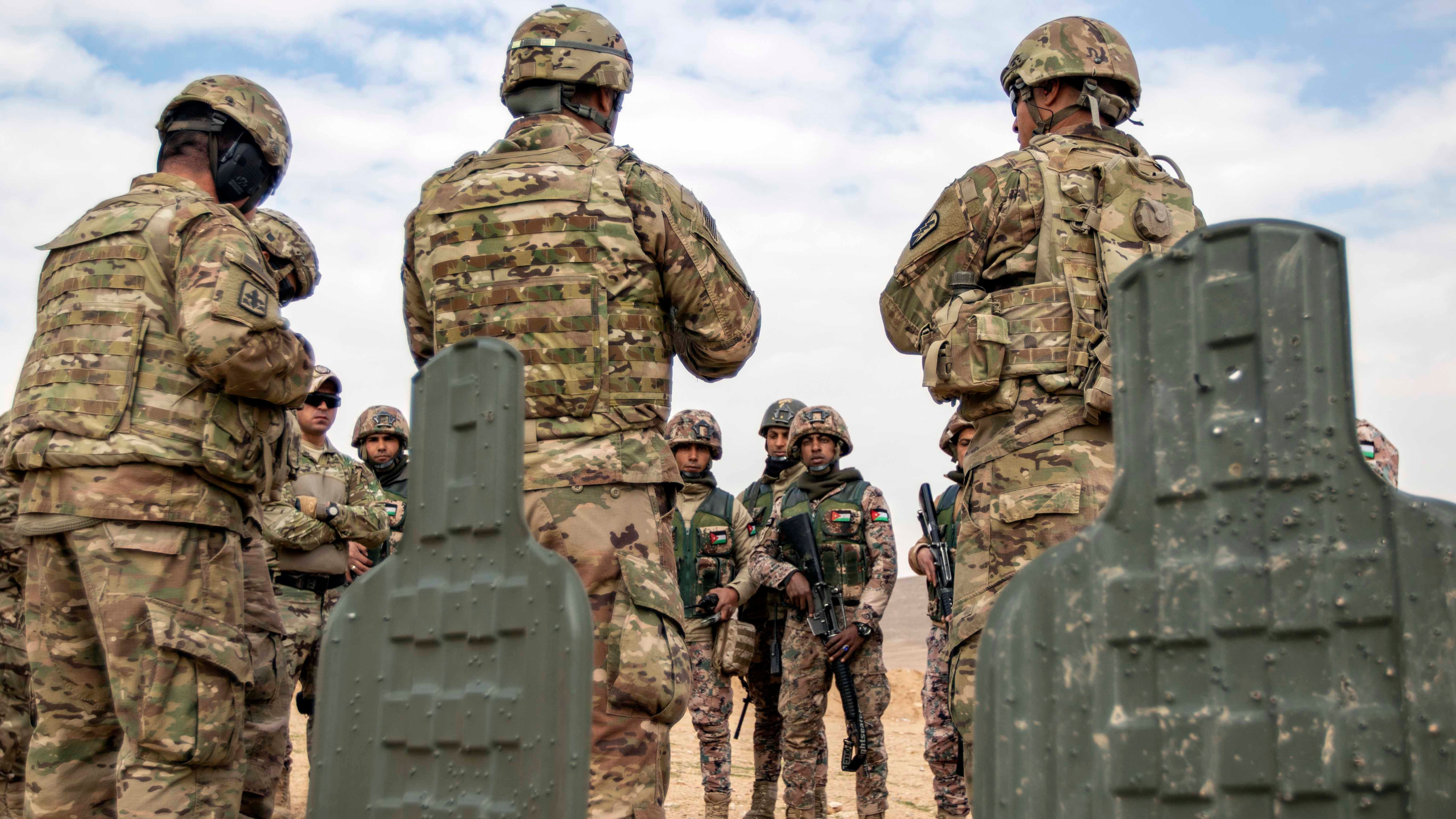Wormuth: Army Stepping Up Global Deterrence Efforts
Wormuth: Army Stepping Up Global Deterrence Efforts

Facing evolving global threats, the Army is working to coordinate its efforts around the world to deter aggression and potential conflict, the service’s top civilian leader said.
“We've spent a lot of time over the decades thinking about engagement and building partner capacity, but we haven't always necessarily synchronized our activities from one theater to the other,” Army Secretary Christine Wormuth said.
Speaking in early March at an event hosted by the Center for Strategic and International Studies, Wormuth said the Army is now looking at what it’s doing in the different theaters, for example in the Indo-Pacific, and determining how those efforts “integrate and synchronize with what we're doing back here in [the U.S.] ...to try to create the greatest deterrent effect.”
This has also enabled the Army to deepen its cooperation with allies and partners, she said. “As we compete for advantage prior to a conflict, one of the things that we’re doing is building up our network of allies and partners, and that’s a huge advantage for the United States,” Wormuth said. “If we develop much better interoperability, I think that complicates the decision-making of our adversaries.”
It also demonstrates that “our forces have interoperability and could fight together if we need to,” she said.
Amid its deterrence efforts, the Army continues to provide support as the war in Ukraine enters its second year, and the service is “in a full-court press” to ramp up its production capacity, Wormuth said.
“There’s a lot more work to be done to ramp up our industrial base to be able to both continue to supply Ukraine with what they need [and] to replenish our stockpiles,” she said. There also is a need to “deepen or expand our munitions stockpiles because I think we are more likely to see a protracted conflict than we expected,” Wormuth said.
The U.S. has learned several important lessons from the war in Ukraine, she said. One key lesson is that DoD must continue to focus on contested logistics.
“As we think about the Indo-Pacific and the possibility of a war in that theater, if that were to come to pass, the logistics problem will be even more challenging,” she said. “We will no longer have the space and time we had, for example, in the Middle East, to build up very large forward operating bases and be able to move supplies … without any challenges. That will not be the case going forward.”
The future of the battlefield itself is shifting, Wormuth said.
“The battlefield is going to be much more transparent than it has been in the past,” Wormuth said. “It’s going to be a lot harder to hide our formations on the battlefield than it has been in the past, and our soldiers are going to have to be a lot more concerned about their own signatures.”

